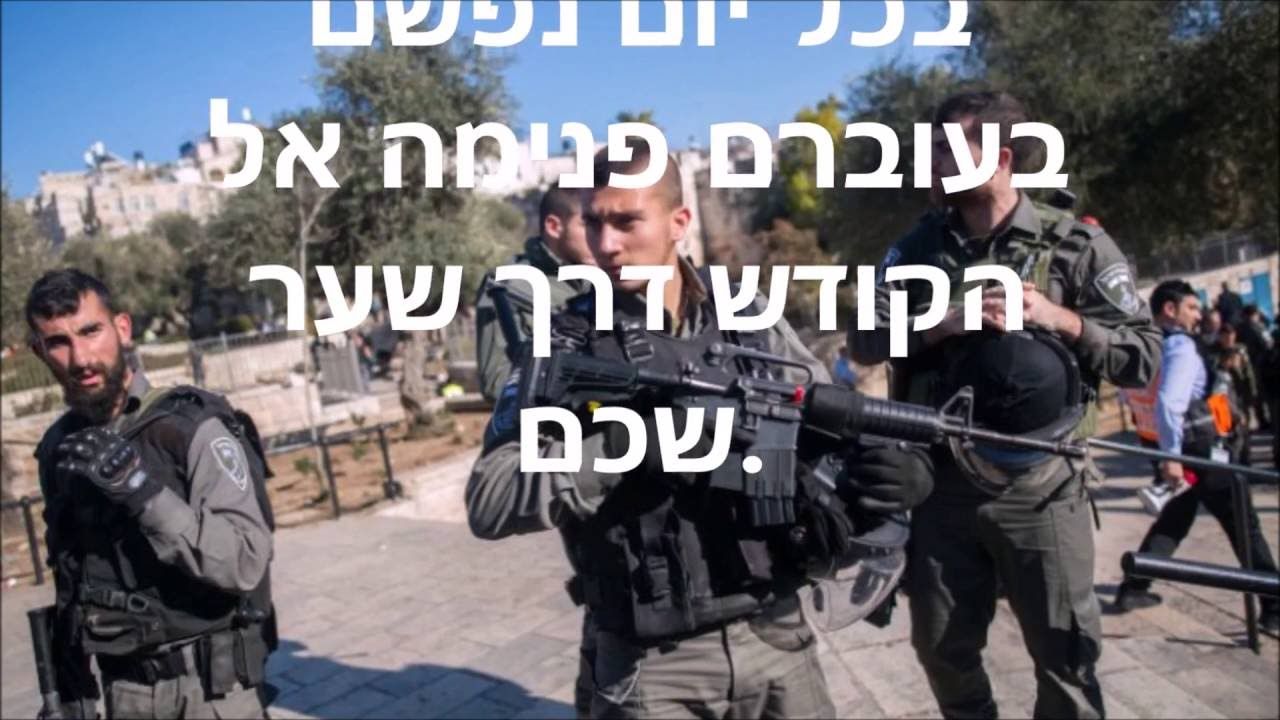Thursday, 11 Tishrei 5777 / October 13, 2016
Parshat Ha'azinu, 5th Portion (Devarim 32:29-32:39)
רְא֣וּ עַתָּ֗ה כִּ֣י אֲנִ֤י אֲנִי֙ ה֔וּא וְאֵ֥ין אֱלֹהִ֖ים עִמָּדִ֑י אֲנִ֧י אָמִ֣ית וַֽאֲחַיֶּ֗ה מָחַ֨צְתִּי֙ וַֽאֲנִ֣י אֶרְפָּ֔א וְאֵ֥ין מִיָּדִ֖י מַצִּֽיל
According to Rabbi Yehudah, this verse is addressed to the Jewish people. G-d tells them: See, I brought retribution against you and I delivered you. I am the only power.
This theme is echoed by the prophet Yirmeyahu / Jer. 30:12-17:
"Your bruise is incurable... No one can bind your wound... I have wounded you like an enemy... I have done this to you because of the multitude of your sins... but, I will restore health to you and heal your wounds."
According to Rabbi Nechemia, the verse promises that G-d will reveal His salvation and redeem His people from their oppressors.
Sanhedrin 91b explains the apparent redundancy in the clauses, "Behold, it is I! I am the One!" as follows: "I am the One Who redeemed you from Egypt, and I will redeem you in the Messianic redemption." The commentaries not that the word אֲנִי "I" is mentioned four times in the verse, alluding to the redemption from the four exiles in which Yisrael has suffered.
Mechiltah also indicates that this verse refers to future prophecies: The phrase, "Behold, it is I! I am the One!" alludes to Yeshayahu's prophecy (40:5): "And the glory of G-d will be revealed, and all flesh will witness how the mouth of G-d has spoken."
Similarly, "I kill and I give life" alludes to the prophecy (Yeshayahu / Isa. 25:8) "He will swallow up death forever. Hashem, the G-d, wipes away tears from every face."
Pesachim 68a interprets "I kill and I give life. Though I crushed I will heal," as alluding to the resurrection of the dead, as follows:
"Can it be implied that the verse refers to two different people; one who G-d kills, and another, to whom He grants life..? To negate that thesis, the verse continues 'Though I wounded, I will heal.' The second clause implies that He will heal the same person whom He crushed, the same person who died will again be granted life."
That Talmudic passage continues, explaining that from a different standpoint, "Though I wounded I will heal" can be interpreted as a second stage that will follow after "I kill and I give life." First, G-d will resurrect the dead. Afterwards, any people who were afflicted with physical blemishes will be healed.
Rabbeinu Bachya notes that the sequence of these allusions in the verse follows the order of events in the future. The Messianic redemption and the in gathering of exiles will precede the resurrection of the dead.
- Me'am Lo'ez















.gif)



